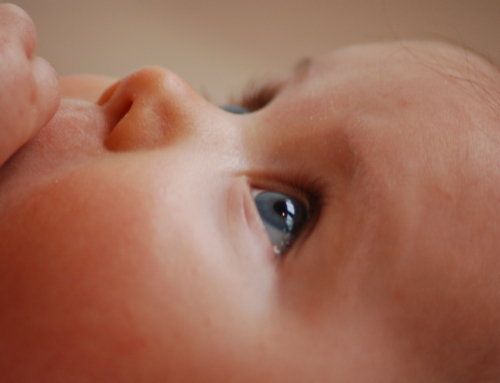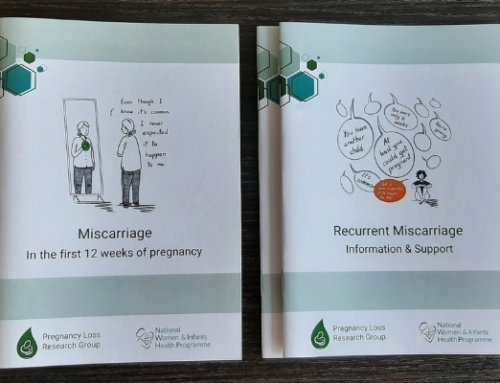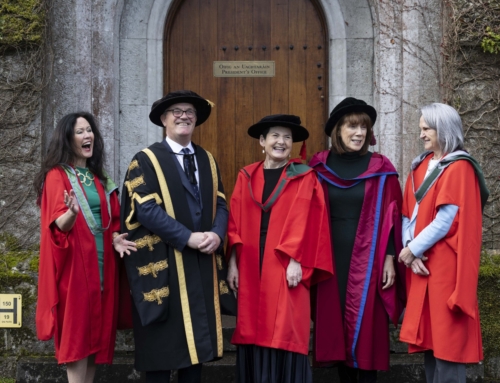Tuesday 19 January 2016
Researchers and Clinicians from University College Cork (UCC) have contributed to the Lancet Stillbirth Series: Ending Preventable Stillbirths, launched globally on 19 January 2016 and published in the prestigious medical journal. This series builds on the original Lancet Stillbirths Series published in 2011, reviews where international progress has and has not been made, and shows what steps should be done to end preventable stillbirths by 2030.
Keelin O’Donoghue, Consultant Obstetrician, and Daniel Nuzum, Healthcare Chaplain, both from the Pregnancy Loss Research Group at UCC, are among the co-authors of one of the five seminal papers in the Series. Formed in 2012, the Pregnancy Loss Research Group led by Dr O’Donoghue is based at the Department of Obstetrics and Gynaecology UCC and Cork University Maternity Hospital. Other group members Margaret Murphy and Sarah Meaney formed part of the Lancet Stillbirths High Income Countries Investigator Group that contributed to another of the Series papers.
The group are among 216 authors and advisors from more than 40 countries who have contributed to this Lancet Stillbirth Series, and present the clearest picture to date of the ongoing progress in reducing stillbirths, as well as missed opportunities, with a call to action for ending preventable stillbirths.
Every year globally, more than 2.6 million babies are stillborn. Dr Keelin O’Donoghue, Senior Lecturer UCC and Consultant Obstetrician CUMH states that “Of these 2.6 million stillbirths, 98% occur in low- and middle-income countries and almost half of all stillbirths happen during labour and birth. Most deaths result from problems that can be avoided with good maternity care such as the prevention or treatment of infections and pregnancy-related complications (e.g. high blood pressure, diabetes, or poor growth of the baby before birth.) Efforts to prevent stillbirth need to form part of normal healthcare of women and babies”. The series highlights that most stillbirths could be prevented during pregnancy, labour and birth, and that improvements in global maternity care will also prevent the deaths of mothers and newborn babies and ultimately improve child development.
In the face of the global burden of stillbirth, the impact of stillbirth can sometimes be overlooked in high-income countries such as Ireland. Daniel Nuzum, Healthcare Chaplain CUMH, comments that “Stillbirth is a tragedy for families and can have long lasting psychological, social, spiritual and financial impact. How people are cared for at the time of their loss can influence their overall experience and wellbeing. Having respectful maternity services that include good quality bereavement care can reduce the negative impact for parents and families. Although the impact of stillbirth mostly affects women and their families, caregivers, communities, and health services are also affected.”
Figures presented in the Lancet Series show that Ireland now ranks 17th out of 186 countries in the world with a stillbirth rate of 2.7 stillbirths per 1,000 total births after 28 weeks of pregnancy. The National Perinatal Epidemiology Centre’s 2013 report showed that from 69,146 births in Ireland, 301 infants were stillborn. https://www.ucc.ie/en/npec/publications/. It is important to remember that this loss of life has a huge impact on families and caregivers and places a significant burden on both maternity services and wider society. The Lancet Ending Preventable Stillbirth Series calls upon all high-income countries to set and meet targets to close equity gaps for parents and use data to track and prevent stillbirths.
Follow NPEC on Twitter: @NPEC_UCC
HASHTAG: #endstillbirths






